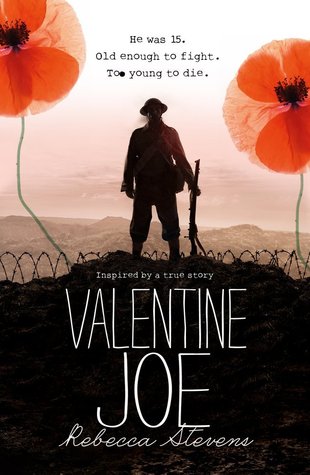There comes a terrible moment to many souls when the great movements of the world, the larger destinies of mankind, which have lain aloof in newspapers and other neglected reading, enter like an earthquake into their own lives . . .
George Eliot, Daniel Deronda
What is it like to live in a war zone?
Would you save yourself, if you had the chance, even if it meant abandoning your loved ones?
Would you leave your country, maybe forever, or would you take your chances and stay?
In A Brighter Fear, UKYA author Kerry Drewery imagines civilian life in a war-zone from the point-of-view of 16 year-old Lina. As with most teenagers, Lina's life before the war is dominated by school. As the child of educated, professional parents, Lina has devoted herself to her studies, has taken pride in her city's history as a seat of learning, and has dreamed of becoming an architect. But when U.S. forces invade Baghdad in the spring of 2003, Lina's life becomes so narrow that it finally shrinks to the form of day-today survival. The former realities of school, parents and friends cease to exist.
Drewery vividly describes the fear of the unknown, as the city prepares for invasion, and then the chaos and destruction which follows. Wreckage is everywhere, as are dead bodies. Soldiers stalk the streets in their tanks, and bombs are an ever-present threat. Utilities are unreliable or nonexistent, as is news. No one's home is safe. The future does not feel like something anyone can plan for or rely on anymore.
Although Drewery's story does not glorify Saddam Hussein's brutal reign -- indeed there is a subplot involving Lina's mother, who was imprisoned for refusing to cooperate with Hussein's government -- it is also clear that war always brings unintended consequences. The Americans may have intended to bring democracy and freedom to Iraq, but in reality the chaos and confusion allows sectarian violence to flourish. Although Lina's family are Christian, she must adopt the concealing clothing and hijab of Muslims in order to protect herself from the vigilante justice of fundamentalists. And even when her family cooperates with the American soldiers, there is a high price for that cooperation. When Lina is presented with the chance to escape Baghdad, she has to weigh the complete unknown against the present risk -- both to herself, and someone she loves dearly.
As the debate about Syrian refugees takes place in the media, between governments, and at dinner tables, it is really worth trying to imagine war-torn lives compassionately. Hopefully, most of us will never experience life in a war-zone, but even if we have the good fortune to escape that "earthquake" in our lives there is a chance that we may come into contact with those who haven't been so lucky. It is nearly impossible to imagine pain when we have not experienced it for ourselves, but a powerful story may come closer than anything else to bridging that gap. A Brighter Fear is painful to read, but only because it illuminates the kind of realities that are far more painful to experience.



